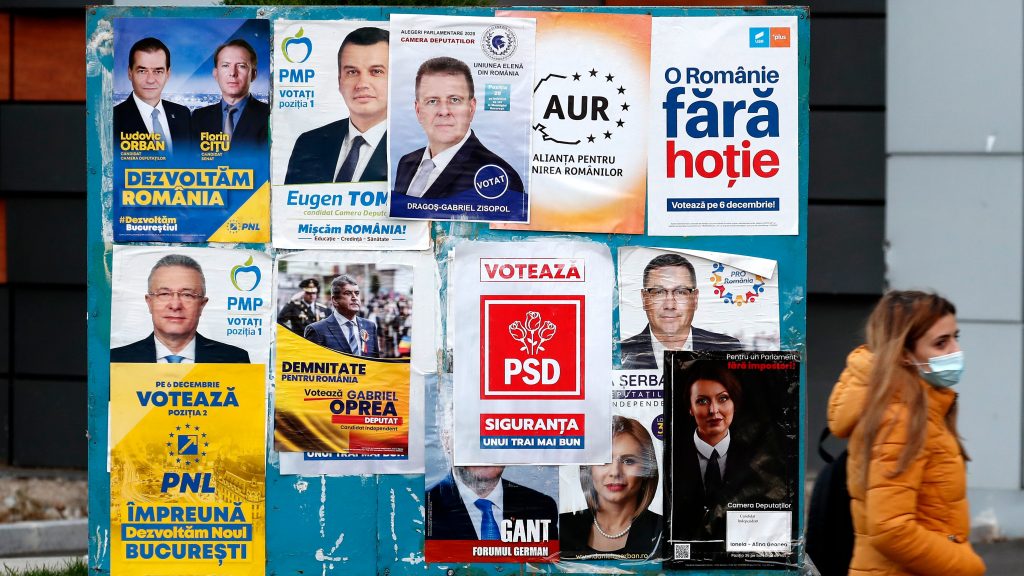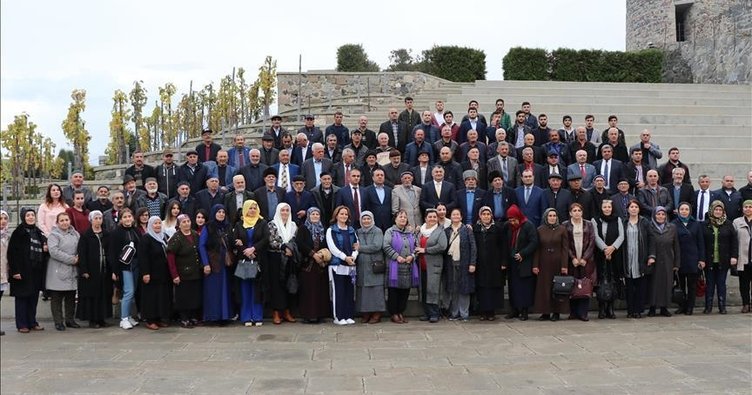As expected, the law foreseeing those rejecting the Armenian genocide allegations to be condemned to a prison term of one year and a fine of 45.000 Euros was repealed by the French Constitutional Council on the grounds that it is contradictory to the French Constitution’s principle of freedom of expression.
However, opposite to the expectations of many and particularly the former Chairman of the Constitutional Council Robert Badinter, the Council did not repeal the law of 2001 regarding the recognition of the Armenian genocide allegations by France and as justification, indicated that the law was not submitted to them to decide upon. On the other hand, it stated that “they did not make an assessment concerning the events” (in other words, did not address whether the 1915 events constituted genocide or not). However, the law of 2001 is contradictory to the 1948 UN Convention on the Prevention and Punishment of the Crime of Genocide, because according to Article 6 of this Convention, not parliaments, but either a competent tribunal of the State or an international penal tribunal may have jurisdiction in deciding whether or not an event constitutes genocide. The Council could have repealed the law of 2001 based on this article of the Convention.
Therefore, by repealing the law foreseeing punishment, the French Constitutional Council has made a legal decision, while it has made a political one by not repealing the law of 2001.
Repealing the law has pleased the advocates of freedom of expression which is a very strong belief in France. However, not making a decision regarding the law of 2001 has been a consolation for the French Armenians.
The French President who had undermined and prevented last year in May, by taking into consideration France’s relations with Turkey, the adoption by the Senate of another bill foreseeing the punishment of those denying the Armenian genocide allegations, when confronted with the risk of losing elections to be held in April, immediately changed his approach and made sure that the National Assembly and Senate quickly passed a new bill on the issue of punishment. Sarkozy reacted swiftly towards the decision of repeal of the Constitutional Council. In a declaration issued by the Presidency, it was expressed that the President found the denial of genocide intolerable and must be sanctioned and called on the French Government to prepare a new text by taking into account the ruling of the Constitutional Council.
Since French Parliament will end his works very soon due to Presidential and Parliamentary elections, it could be seen that there is no time for any bill to become a law. However, even if the possibility of becoming a law does not exist, presenting a bill to the French National Assembly will give confidence to the Armenians and ensure that their appreciation for President Sarkozy will continue.
François Hollande, the Socialist Party Presidential candidate whose winning the Presidential elections seems possible, has supported Armenian views all along. In a discussion held recently with the prominent figures of the Dashnak Party which was also reflected in the press, he had expressed that if elected, he would soon address the issue of punishment of those denying the genocide allegations.
In this situation, whoever wins the Presidential elections among the strongest candidates Sarkozy and Hollande, it could be understood that the issue of punishing those denying the Armenian genocide allegations will be brought to the agenda again.
If a new law is adopted and then taken to the Constitutional Council by a required number of deputies or senators indicating that it conflicts with the Constitution, it is almost certain that this law will also be repealed by the Council. However, there is also the possibility that following the elections, the required number of deputies or senators will not be reached for bringing such a law to the Constitutional Council. As a matter of fact, after the law of 2001 was adopted, it was not possible to reach this number despite Turkey’s efforts. In short, this subject has not been definitely dropped. It is possible that it will emerge again after the elections.
Besides the developments that could take place in the future, the issue which is significant today is that despite the great efforts of Armenian circles in France, this law has been repealed. A ruling of the Court of Appeal in California five days ago has prevented the recognition of the genocide allegations in the US through court cases of insurance or properties. Therefore, experiencing two significant failures concerning the “Armenian Cause” in such short time could be expected to strengthen the moderate Armenians who believe that the time has come for normalization of Turkish-Armenian and Turkey-Armenia relations.
© 2009-2025 Center for Eurasian Studies (AVİM) All Rights Reserved
TURKEY AND THE RUSSIAN BASE IN GYUMRI
 24TH MEETING OF THE COUNCIL OF HEADS OF STATE OF THE SHANGHAI COOPERATION ORGANIZATION
24TH MEETING OF THE COUNCIL OF HEADS OF STATE OF THE SHANGHAI COOPERATION ORGANIZATION
 ARCHITECTS OF DENIAL: THE LATEST CINEMATOGRAPHIC EFFORTS OF THE ARMENIAN LOBBY
ARCHITECTS OF DENIAL: THE LATEST CINEMATOGRAPHIC EFFORTS OF THE ARMENIAN LOBBY
 THE DECEMBER 2020 LEGISLATIVE ELECTIONS AND THE NEW COALITION GOVERNMENT IN ROMANIA
THE DECEMBER 2020 LEGISLATIVE ELECTIONS AND THE NEW COALITION GOVERNMENT IN ROMANIA
 GEORGIA-TURKEY RELATIONS IN THE CONTEXT OF THE MESKHETIAN TURKS ISSUE
GEORGIA-TURKEY RELATIONS IN THE CONTEXT OF THE MESKHETIAN TURKS ISSUE




























